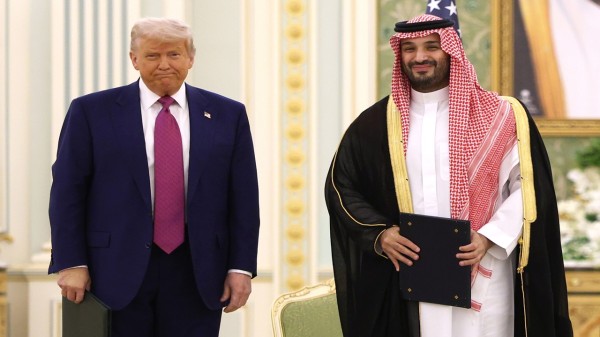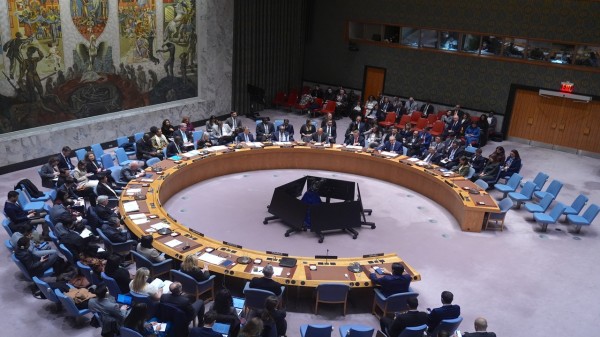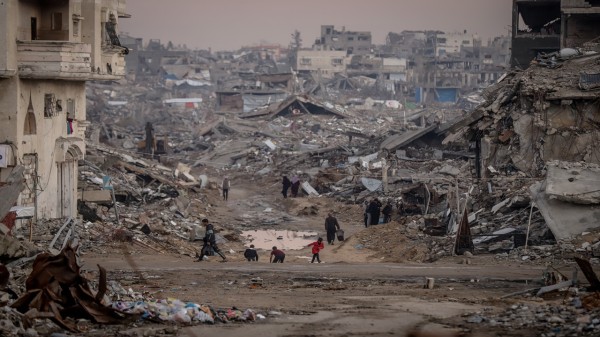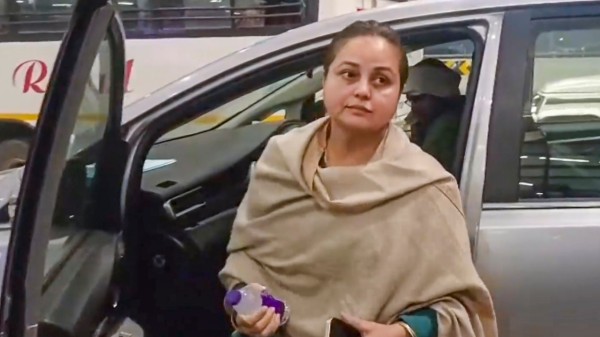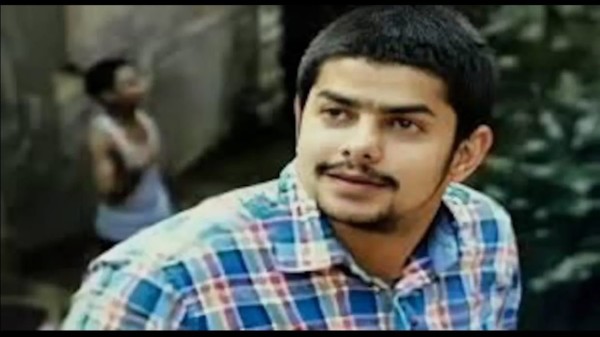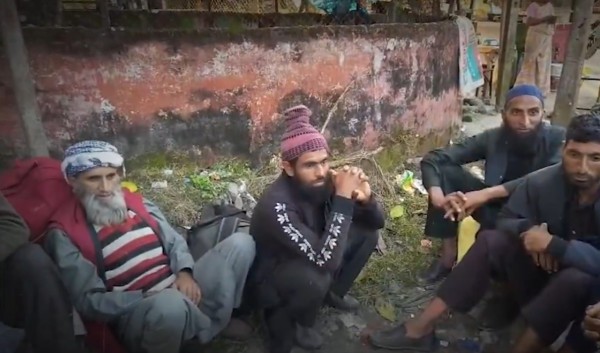

By signing in or creating an account, you agree with Associated Broadcasting Company's Terms & Conditions and Privacy Policy.


By signing in or creating an account, you agree with Associated Broadcasting Company's Terms & Conditions and Privacy Policy.
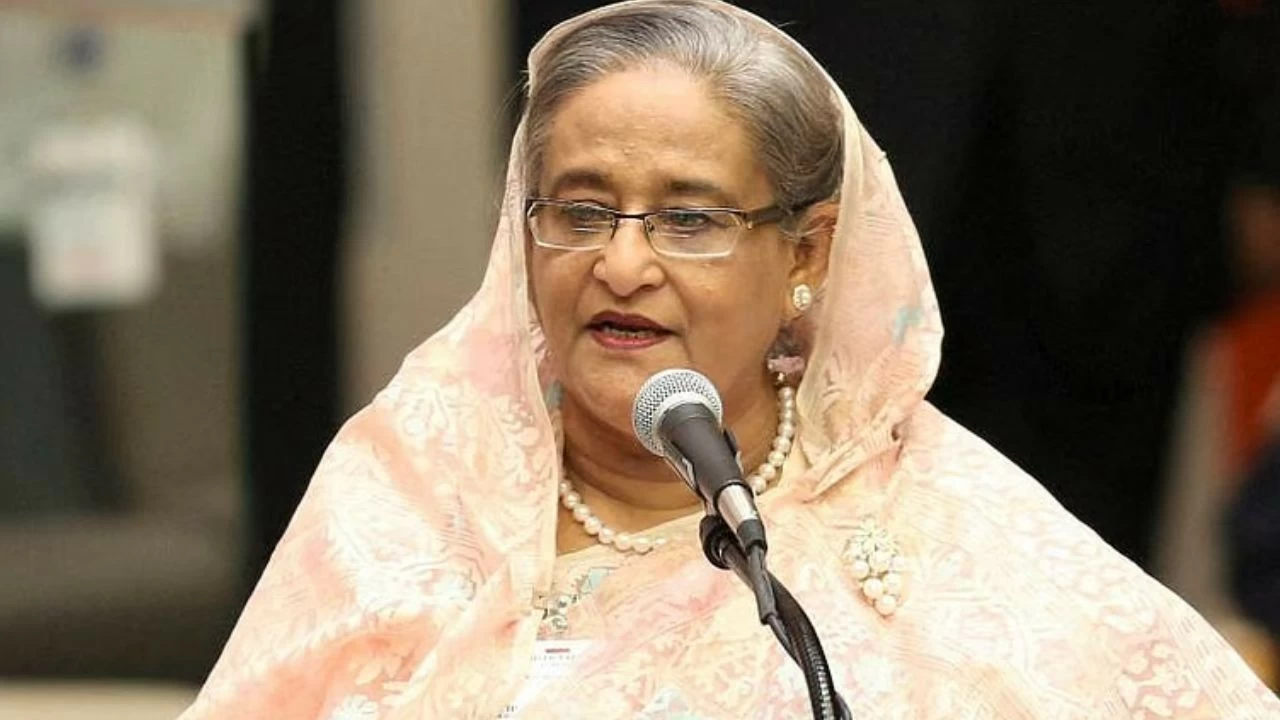
New Delhi: Bangladesh witnessed widespread violence on Sunday as clashes, arson and crude bomb explosions erupted across Dhaka and several other districts ahead of Monday's verdict in the "crimes against humanity" case against deposed prime minister Sheikh Hasina. With tensions spiralling, the government deployed the army and Border Guard Bangladesh (BGB), while police in the capital were authorised to open fire on violent protestors.
The unrest began a day before the International Crimes Tribunal–Bangladesh (ICT-BD) is scheduled to deliver its judgment against 78-year-old Hasina, who is being tried in absentia. Violent protests, road blockades and fires were reported in multiple districts, prompting authorities to heighten security nationwide.
Dhaka Metropolitan Police (DMP) Commissioner SM Sazzat Ali confirmed that officers had been told to shoot anyone engaging in lethal violence. "Anyone who sets buses on fire or throws crude bombs with intent to kill should be shot. The law clearly gives us this authority," he told local media.
BGB units have been deployed in at least four districts, Dhaka, Gopalganj, Faridpur and Madaripur, to maintain order. Home affairs adviser Jahangir Alam Chowdhury told state-run BSS that law enforcement agencies had "completed all necessary preparations" to prevent further violence. The Supreme Court has sent two letters to the Army Headquarters seeking additional troop deployment to secure the tribunal premises.
ICT-BD prosecutor Gazi MH Tamim said the prosecution had sought the maximum punishment for Hasina and requested confiscation of her property for distribution among families of those killed or injured during last year's protests. Under tribunal rules, Hasina cannot appeal the verdict unless she surrenders or is arrested within 30 days.
Chief prosecutor Mohammad Tajul Islam reiterated the demand for the death sentence, calling Hasina the "mastermind and principal architect" behind the alleged atrocities committed during the 2024 mass protests. The prosecution said parts of Monday's judgment would be broadcast live on state-run BTV, with large screens set up across Dhaka.
Hasina, her former home minister Asaduzzaman Khan Kamal, and then inspector general of police Chowdhury Abdullah Al-Mamun have been accused of murder, attempted murder, torture and other inhumane acts during last year's anti-government demonstrations. Charges were framed on 10 July.
Hasina and Kamal were declared fugitives after being tried in absentia. Mamun appeared in court but later turned approver.
Supporters of the former prime minister insist the charges are politically motivated.
A UN human rights office report in February 2025 estimated that up to 1,400 people were killed between July 15 and August 15, 2024, during security crackdowns ordered by the Hasina government. Following mass protests over a controversial quota system, Hasina fled to India on 5 August 2024; Nobel laureate Muhammad Yunus became chief adviser three days later.
In an audio message released online, Hasina urged Awami League workers not to panic. Denying all allegations, she accused the interim government of orchestrating her ouster. She blamed Muhammad Yunus for "forcibly removing elected representatives", citing Article 7(b) of the Constitution.
"I do not care. Allah has given me life, and one day I will die. I will continue working for the people," Hasina said, calling the prosecutors' allegations "completely false".
In recent interviews with international media, Hasina described the ICT-BD as a "kangaroo court" run by her political rivals. UK-based Doughty Street Chambers has submitted an urgent appeal to the UN claiming she is being tried in an "environment charged with political vengeance".

